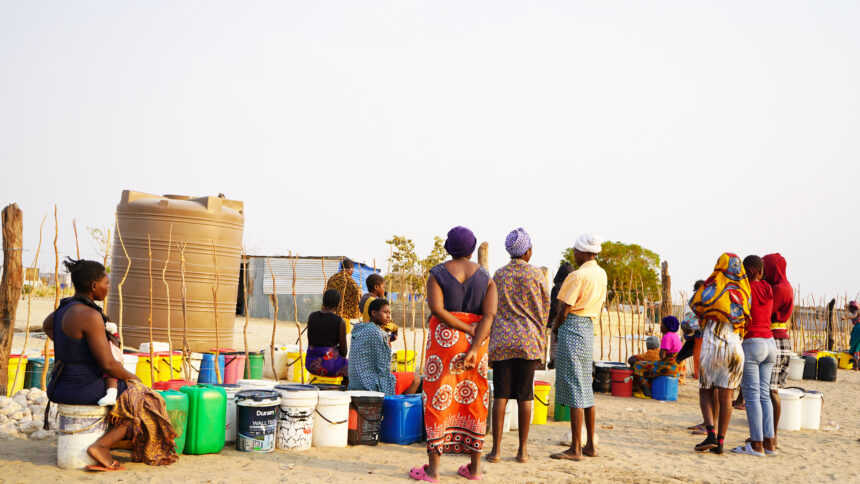Cecilia Iyambo
Residents of Ndama, Sun City and Sikanduko informal settlements in Rundu have resorted to the Kavango River to quench their thirst.
They have been without water since last year, leading to health and hygiene concerns, as well as impacting the operations of small businesses. Kutara Ihemba, a community leader at Ndama, said community members have no option but to use untreated water from the river for their daily needs.
Those who are unable to reach the river fork out between N$50 and N$200 to hire vehicles to collect water for them.
He noted that the situation has worsened the existing challenges of poverty and hunger, especially for the unemployed majority.
Although the Rundu Town Council has installed a borehole at the Ndama South informal settlement to offer relief to residents, it is inadequate, considering that more than 1 400 households rely on the waterpoint for their daily water supply.
“The tap opens at 06h00, and closes later during the day. However, people will still go back to their homes without water because we are a lot. A woman almost fainted while waiting in line to collect water yesterday,” Ihemba said.
He urged the Rundu Town Council to increase the number of boreholes to alleviate congestion at the sole communal waterpoint.
In the previous month, water minister Calle Schlettwein presided over the groundbreaking ceremony for an extension of a new water treatment plant at the town.
He stated that Rundu is experiencing rapid growth, and the low pressure on its water supply has been evident for several years.
“The current water supply infrastructure in Rundu has surpassed its useful economic lifespan, making it increasingly difficult to meet the growing water demands of our population. As the town expands and the population grows, the strain on our existing systems intensifies. We must act decisively to address these issues,” he urged.
Rundu mayor Gabriel Kanyanga said the council has been informed about the issue, and has put in place different measures, such as striking a deal with the ministry of agriculture to install boreholes in the impacted areas.
“Council is aware of the matter, and we are working around the clock to ensure that water is restored in the affected areas. The agriculture ministry has identified 38 sites where boreholes will be drilled in due course,” he noted.
Additionally, he said the council has engaged NamWater to connect some affected communities to its pipeline that runs along the TransCaprivi highway, supplying water to the military base.
*Cecilia Iyambo is an information officer in the Ministry of Information and Communication Technology in the Kavango East region. -csiyambo@gmail.com


